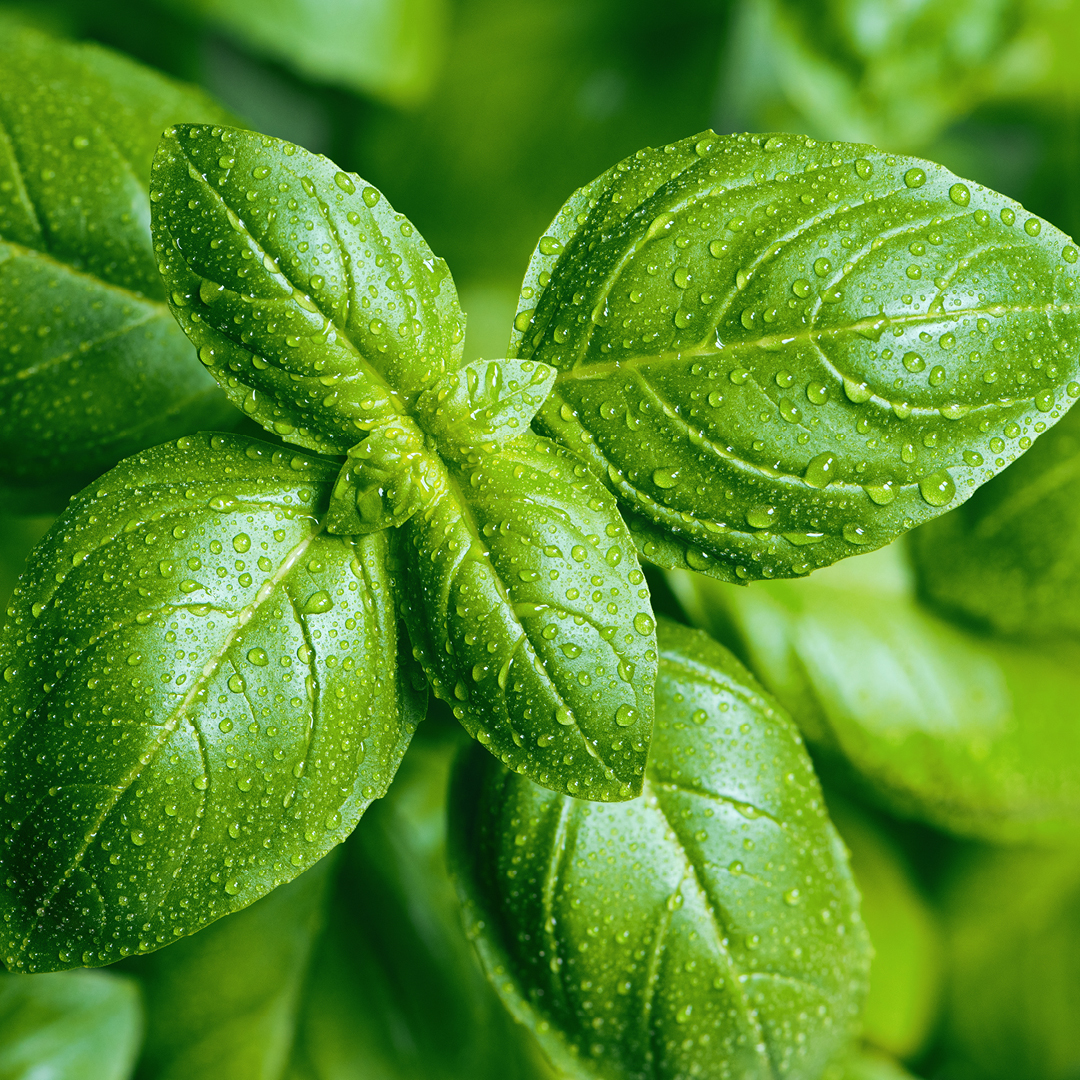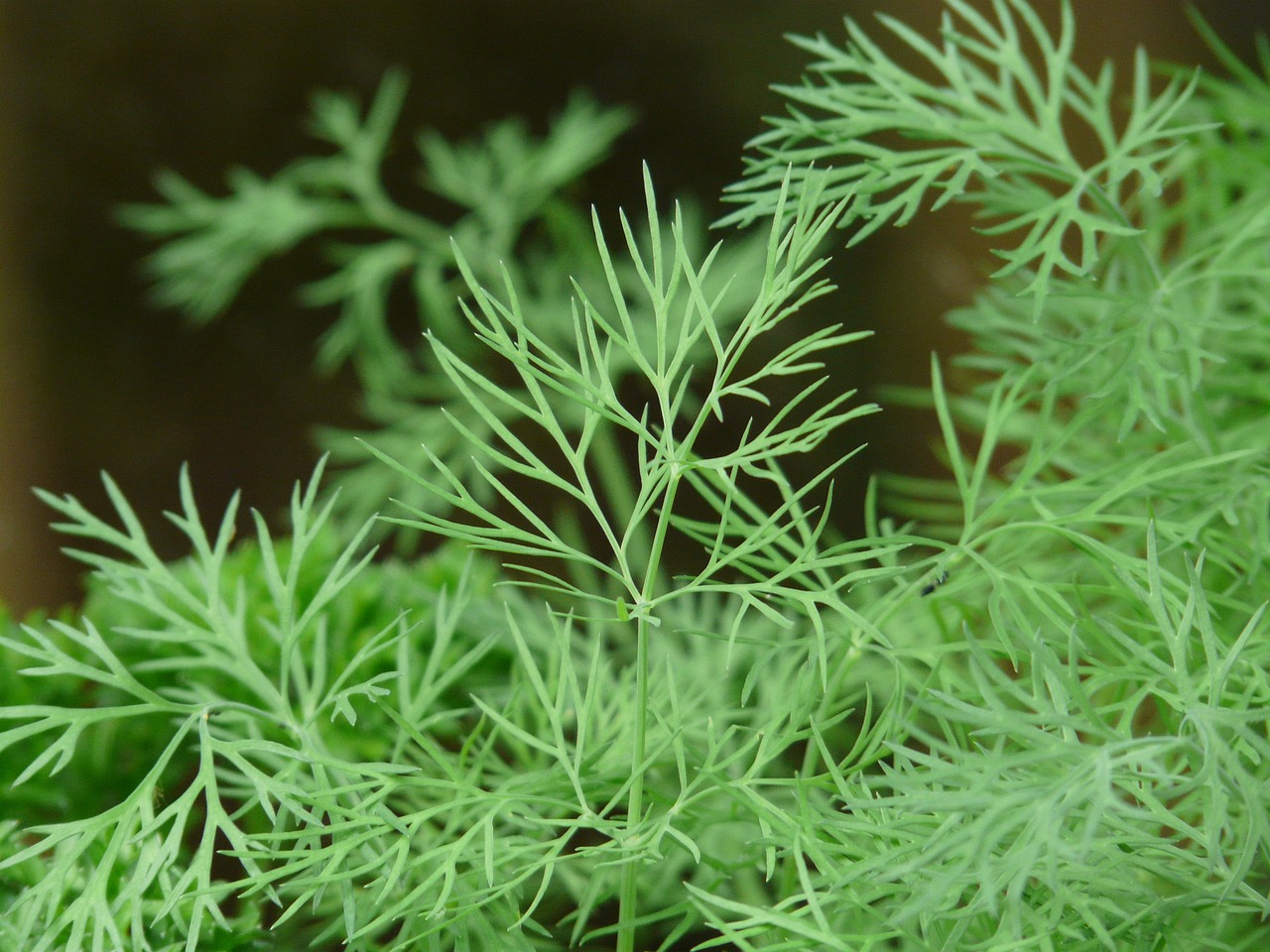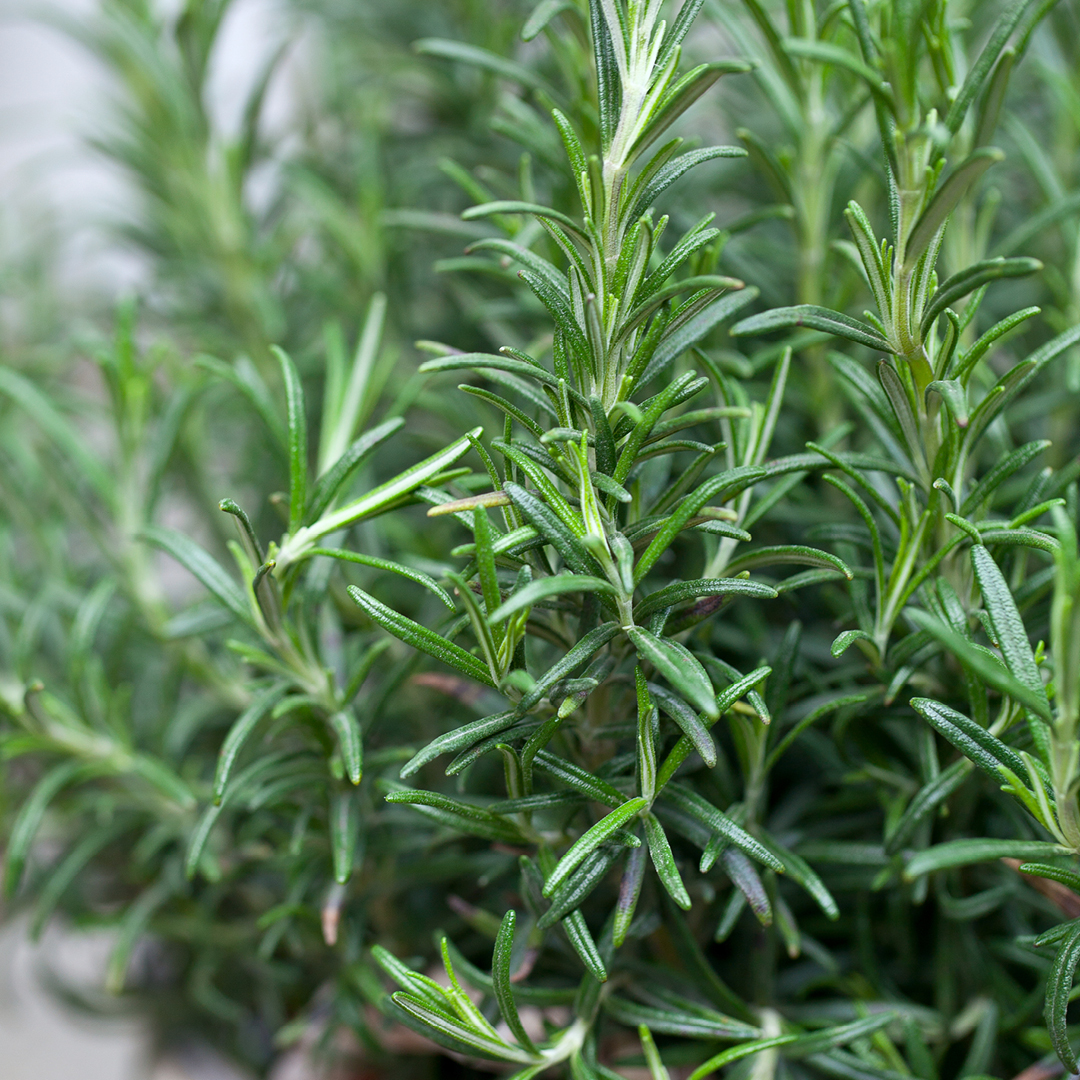Are you a home gardener looking for ways to build an organic garden full of lush, healthy veggie plants? Have you ever thought about using herbs as companions? Companion planting is an organic practice of growing certain plants near one another to bring a healthier, more diverse ecosystem to the garden in order to enhance plant health.
Benefits of Companion Planting
- Maximizes garden space
- Attracts beneficial insects
- Increases pollination
- Reduces disease
- Repels pests
- Suppresses weeds
- Improves soil fertility
- Enhances crop productivity
- Enriches vegetable flavors
Culinary herbs are the perfect addition to the organic garden because they benefit a wide variety of vegetables as companions. Not only can these herbs assist with vegetable health and vigor, but they also provide an added pop of flavor when used in cooking! Read on to learn more about herbs as companion plants, so you too may reap the benefits.
Top 10 Herbs and Their Companion Benefits
Basil
Basil is a great companion plant to grow alongside tomatoes, peppers, and eggplants since it helps to repel pests that commonly affect these vegetables. Specifically, Basil has been known to repel aphids, hornworms, spider mites, and mosquitoes. When planted next to these vegetables, Basil’s strong scent interferes with the sensory pathways of these pests, making it difficult for them to locate and feed on their preferred host. Additionally, Basil is often praised for its ability to improve the taste and quality of nearby crops, making it a valuable addition to the organic vegetable garden.
Cilantro
Cilantro, also known as coriander, is a versatile herb that is not only used in cooking but can also help promote the growth of certain vegetables. As a companion plant, cilantro is particularly beneficial for eggplants, cucumbers, and tomatoes. These vegetables thrive when planted with cilantro because it provides them with natural shade and suppresses the growth of weeds. Its intense aroma acts as a natural deterrent, protecting vegetables from harmful infestations as it repels pests such as spider mites and aphids.
Dill
Dill is an excellent companion plant for a variety of vegetables, including cucumbers, corn, lettuce, and brassicas, such as cabbage, broccoli, and kale. It is particularly beneficial for cucumbers, as it aids in repelling common pests such as cucumber beetles and spider mites. Additionally, dill has been found to repel aphids, cabbage loopers, and tomato hornworms, making it a valuable addition to every vegetable garden. The strong scent of dill attracts beneficial insects such as ladybugs and lacewings, which prey on harmful pests. Dill also stimulates the growth of nearby plants, aiding in their overall health and productivity.
Mint
Mint is a valuable companion plant in the vegetable garden because of its ability to enhance the taste and health of vegetables. A regular dose of mint tea can invigorate most vegetable plants, helping them develop more essential oils, which translate to more robust and better-tasting produce. Mint also helps repel pests, particularly cabbage moths, beetles, and aphids. When planted alongside cabbage, broccoli, and kale, mint protects these vegetables from pests, thereby reducing the need for pesticides. However, mint should not be planted next to parsley or chamomile because they tend to attract similar pests. Additionally, mint should be confined to a pot as it can quickly take over and dominate other plants if left to grow unchecked in the garden.
Oregano
Oregano is an excellent companion plant that offers many benefits to vegetables such as tomatoes, peppers, broccoli, and eggplant. It not only repels pests, but it also attracts beneficial insects such as bees, butterflies, and ladybugs. Oregano is known to repel pests such as aphids, cabbage loopers, and spider mites. Its powerful aroma is effective in keeping these pests away from most neighboring plants. Additionally, oregano has been found to improve the flavor and aroma of vegetables when grown together. Planting oregano around these vegetables can result in increased yields and healthier plants.
Parsley
Parsley provides numerous benefits to its neighboring vegetables. It successfully repels several pests, including carrot flies, asparagus beetles, and tomato hornworms. Parsley also enhances the flavors of its companion plants, including tomatoes, corn, beans, and peppers. Its strong aroma helps to mask the scent of nearby vegetables, making it harder for pests to locate them. Additionally, parsley is known to attract beneficial insects, such as ladybugs and hoverflies, which prey on harmful insects and protect the neighboring crops.
Rosemary
Rosemary offers several benefits in the vegetable garden. It is an all-around beneficial plant that repels harmful pests while attracting beneficial insects like bees and butterflies. In addition to providing a robust and beautiful fragrance, this herb works brilliantly with a variety of vegetables, including beans, carrots, cabbages, and hot peppers. The strong scent of rosemary can repel cabbage moths and cabbage flies from brassicas (cabbage family). Carrots, as well, will benefit from rosemary aroma as it will mask their scent from carrot rust fly. Rosemary provides significant benefits for the growth of vegetables by improving soil fertility, reducing soil erosion, and providing shade for more delicate plants. This herb is also believed to enhance the taste of vegetables, making them more flavorful. Overall, planting Rosemary in the vegetable garden is a smart way to add greenery and protect your vegetables’ health and growth.
Sage
Sage is an excellent companion plant in the vegetable garden due to its ability to improve the growth of other vegetables while repelling pests. This perennial herb has a distinct aroma that deters insects such as carrot flies, cabbage moths, and black flea beetles. Additionally, Sage produces natural oils that help to inhibit the growth of many harmful fungi that can damage crops. When planted near cabbage, carrots, and tomatoes, Sage can increase their yield and improve their flavor. Furthermore, Sage contributes to the overall soil fertility by accumulating minerals like calcium, phosphorus, and magnesium from deep layers of the soil and distributing them throughout the topsoil via its extensive and complex root system.
Tarragon
Tarragon, with its aromatic properties, is specifically beneficial to tomatoes, eggplants, and peppers by enhancing their flavor and repelling harmful insects such as aphids, flea beetles, and hornworms. Tarragon is also a natural repellent for spider mites, making it an ideal option for protecting vulnerable vegetables. Furthermore, this perennial herb can be propagated by root divisions, making it a sustainable addition to the vegetable garden. Tarragon thrives in well-draining soil and requires full sun.
Thyme
Thyme is beneficial to a variety of vegetables, such as eggplants, tomatoes, cabbage, and potatoes. This herb repels several pests, including cabbage worms, whiteflies, and corn earworms. Additionally, the strong scent of the herb also masks the scent of vegetables that pests are attracted to, making them hard to locate. Thyme is easy to grow and maintain, and it also attracts beneficial insects like bees and butterflies to the garden. Moreover, thyme has several culinary uses, making it a versatile herb to have in the garden. Its leaves can be dried and used to add flavor to soups, stews, and sauces. Overall, thyme is a must-have companion plant for any vegetable garden as it offers a multitude of benefits.
This year, try adding a few or all of these top 10 culinary herbs to your vegetable garden. Not only will you have a wide selection of tasty herbs to enhance your dishes, but you will also produce healthy vegetables without the assistance of pesticides.





